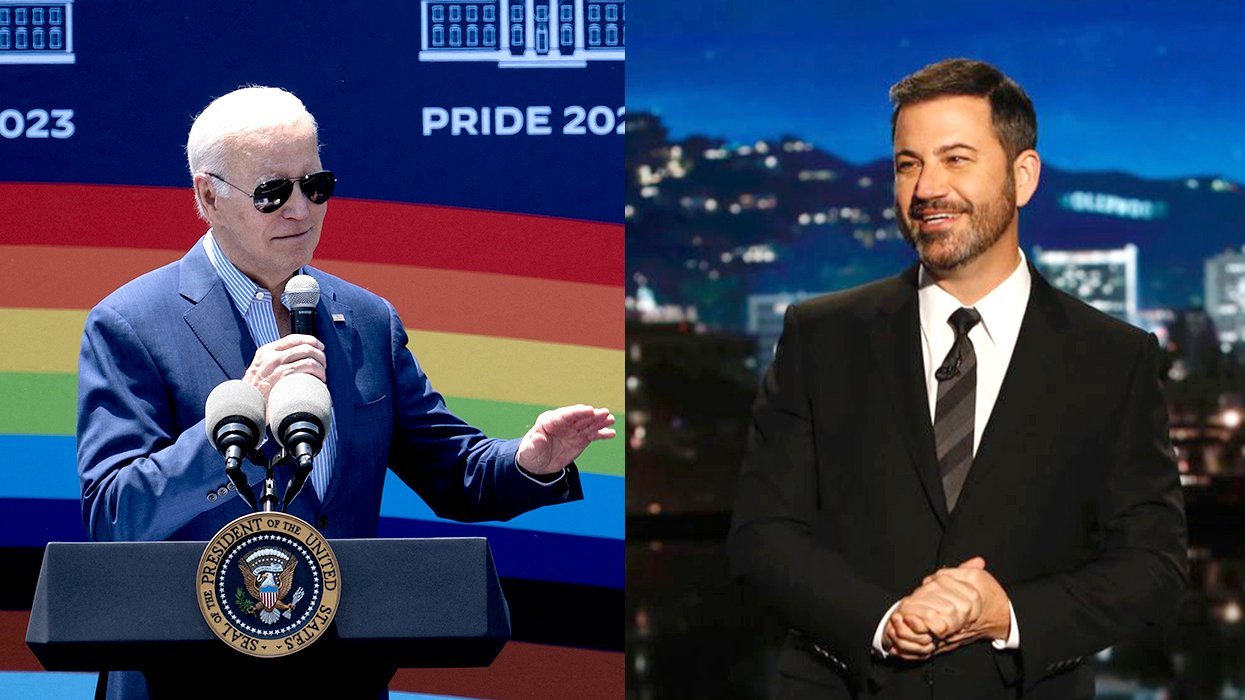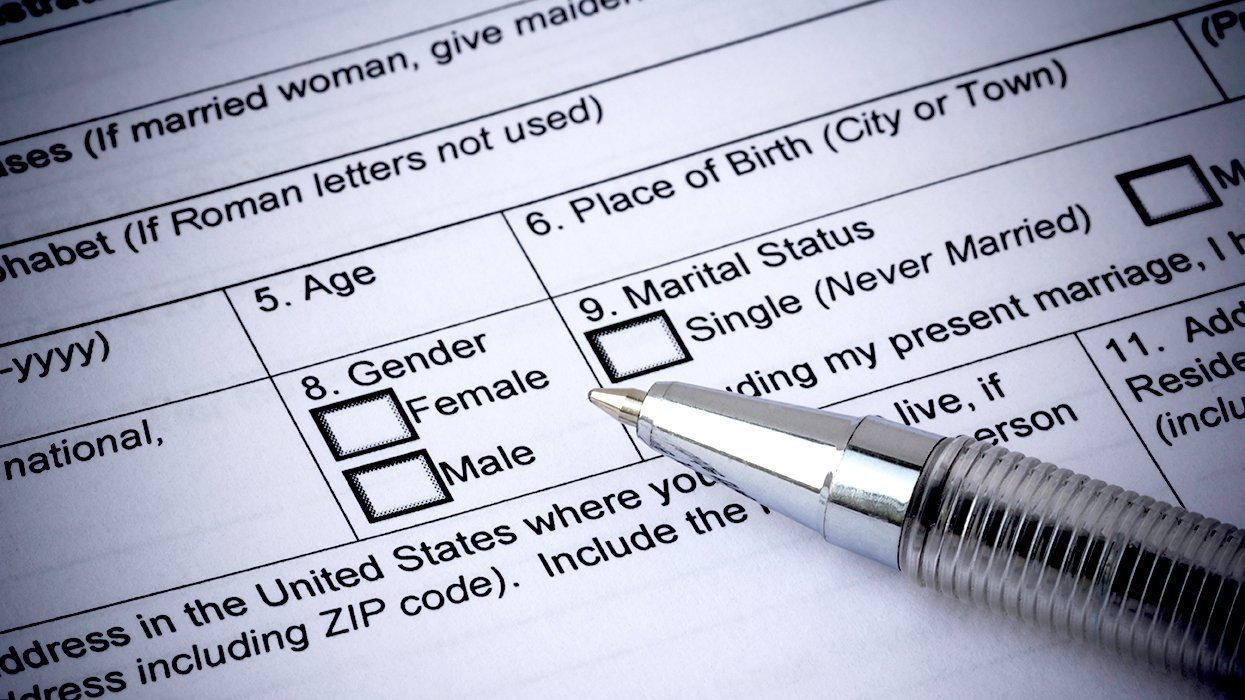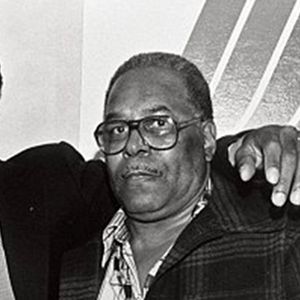The Supreme Court
ruled unanimously on Monday that colleges that accept
federal money must allow military recruiters on campus,
despite university objections to the Pentagon's "don't
ask, don't tell" policy regarding gays. Justices
rejected a free-speech challenge from several law
schools and their professors who claimed they should not be
forced to associate with military recruiters or promote
their campus appearances.
Chief Justice
John Roberts, writing for the court, said that the campus
visits are an effective military recruiting tool. "A
military recruiter's mere presence on campus does not
violate a law school's right to associate, regardless
of how repugnant the law school considers the
recruiter's message," he wrote.
Law schools had
become the latest battleground over the "don't ask,
don't tell" policy, which allows gay men and women to
serve in the military only if they keep their sexual
orientation to themselves. One case was in
Connecticut, where a federal judge had ruled that Yale
Law School had a right to bar military recruiters from its
job interview program.
Forty-five Yale
Law School professors signed a friend-of-the-court brief
in the case that was decided Monday, but it was not
immediately clear how the opinion would affect Yale.
The school allows military recruiters on campus but
does not provide access to the interview program. Many
universities forbid the participation of recruiters from
public agencies and private companies that have
discriminatory policies.
The ruling was
announced on a day that the court was jammed with visitors
from the military, all dressed in uniform. Justices heard
arguments in the case in December and signaled then
that they were concerned about hindering a Defense
Department need to fill its ranks when the nation is
at war. "This is an important victory for the military and
ultimately for our national security," said Jay
Sekulow, chief counsel for the American Center for Law
and Justice.
The court's
decision upholds a law that requires colleges that take
federal money to accommodate recruiters. College leaders
have said they could not afford to lose federal help,
some $35 billion a year.
Roberts, writing
his third decision since joining the court last fall,
said there are other, less drastic options for protesting
the policy. "Students and faculty are free to
associate to voice their disapproval of the military's
message," he wrote. "Recruiters are, by definition,
outsiders who come onto campus for the limited purpose
of trying to hire students, not to become members of the
school's expressive association."
The federal law,
known as the Solomon Amendment after its first
congressional sponsor, mandates that universities give the
military the same access as other recruiters or
forfeit federal money.
Roberts filed the
only opinion, which was joined by every justice but
Samuel Alito. Alito did not participate because he was not
on the bench when the case was argued. "The Solomon
Amendment neither limits what law schools may say nor
requires them to say anything," Roberts wrote.
The case is
Rumsfeld v. Forum for Academic and
Institutional Rights, 04-1152. (AP)




















































































